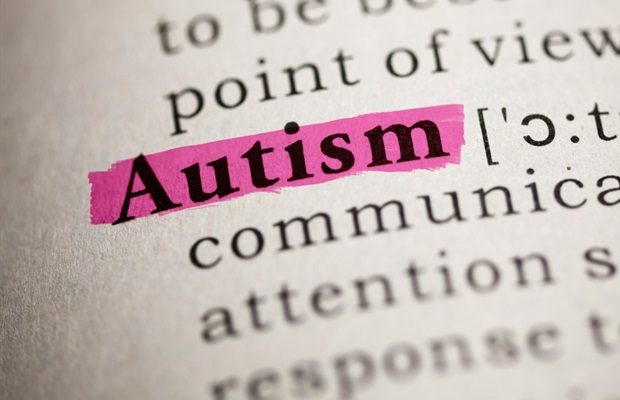Reviewers’ Notes

NIH grants support Kessler Foundation scientists to advance research on neglect dyslexia and autism
Three Kessler Foundation research scientists, Timothy Rich, PhD, OTR/L, and Co-Principal Investigators Helen Genova, PhD, and Heba Elsayed, MD, have been awarded $777,325 in federal grants by the National Institutes of Health (NIH) to expand research in the fields of neglect dyslexia and autism. These studies may provide major steps towards finding innovative solutions for individuals affected by these conditions.
Dr. Rich, research scientist in the Center for Stroke Rehabilitation Research, was awarded $626,889 to conduct research on "Gaze, Head Rotation, and Neuroanatomic Correlates of Reading Errors in Neglect Dyslexia." Neglect dyslexia, a reading impairment associated with post-stroke spatial neglect, presents a significant obstacle to achieving functional independence in daily activities.
We aim to delve deeper into understanding the mediating role of gaze in neglect dyslexic errors. By collecting biometric, behavioral, and neuroimaging data, this research will provide valuable insights into the neural networks supporting spatial cognition. In addition, the study will contribute to enhancing the detection and classification of visuospatial deficits, ultimately working towards improving the lives of those affected by neglect dyslexia."
Dr. Timothy Rich, research scientist, Center for Stroke Rehabilitation Research
Dr. Genova, associate director, and Dr. Elsayed, associate research scientist for the Center for Autism Research, were awarded a $150,436 grant to collaborate on a study titled, "A Novel Employment Specific Social Communication Assessment Tool for Individuals with Autism Spectrum Disorders (ASD)." Individuals on the autism spectrum, particularly those in transition age, face higher rates of unemployment. "A key challenge identified by the autism community is social communication differences, which can impact interactions with peers in the workplace," explained Dr. Elsayed.
"Our study aims to address this challenge by evaluating specific language profiles used by individuals on the spectrum," said Dr. Genova. "By looking at language patterns across various workplace contexts, we can obtain valuable insights into social communication differences that exist," she stated. "Furthermore, the project lays the foundation for future studies on how to address these communication differences to improve employment success for individuals on the autism spectrum," added Dr. Elsayed.
In conclusion, these federal grants will significantly advance understanding of neglect dyslexia and autism, paving the way for innovative interventions and improvements in the lives of individuals with these disabilities. For more information on volunteering for one of these studies, visit the Foundation's Join a Study webpage.
Kessler Foundation
Posted in: Child Health News | Medical Research News | Medical Condition News
Tags: Autism, Brain, Children, Disability, Dyslexia, Language, Multiple Sclerosis, Neuroimaging, Research, Sclerosis, Spinal Cord Injury, Stroke, Traumatic Brain Injury